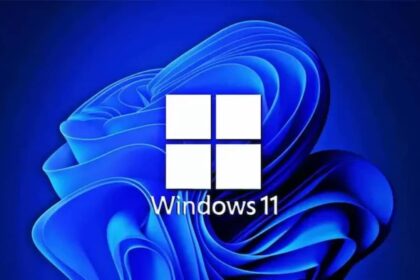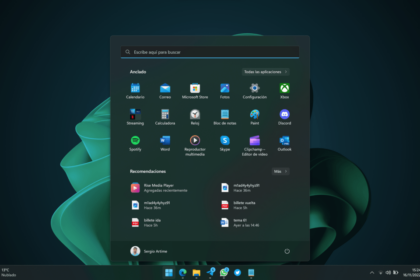Microsoft has officially released Windows 11 ISO files for PCs running on Arm64 processors. This update enables users to perform clean installations of Windows 11 on Arm64 devices and also makes it possible to use these ISOs in virtual machine setups.
Microsoft finally released Windows 11 ISOs for PCs with Arm64 processors.
The Windows 11 ISOs for Arm64 systems are mainly intended for virtual machines, but they can also be installed on Windows 11 directly on Arm64 hardware. However, there’s an important caveat: while these ISOs should work smoothly on devices with newer Snapdragon processors, older models like those using Snapdragon 8cx Gen3 might require additional steps to integrate necessary drivers before the ISO can boot properly.
Adding drivers to an ISO isn’t a straightforward task. Users must get the appropriate hardware drivers from the device’s original manufacturer (OEM) and extract the install. wim and boot.wim files from the ISO, use the DISM (Deployment Imaging Service and Management Tool) utility to inject the drivers and then repackage these files before recreating the ISO. Although this may seem complex, various online guides provide step-by-step instructions to help users.
The release of these ISOs is a significant milestone for the Windows platform on Arm. Microsoft has faced criticism for not offering enough support for Arm-based devices, but this move signals a renewed commitment to the platform. Users with Arm64 processors can now access official installation media, making managing and maintaining their systems more straightforward.
In conclusion, the availability of Windows 11 ISOs for Arm64 is a positive development for users of this architecture. While older devices might face some technical challenges, the option for clean installations and the use of Windows 11 in virtual machines on Arm64 hardware is a significant step forward.











